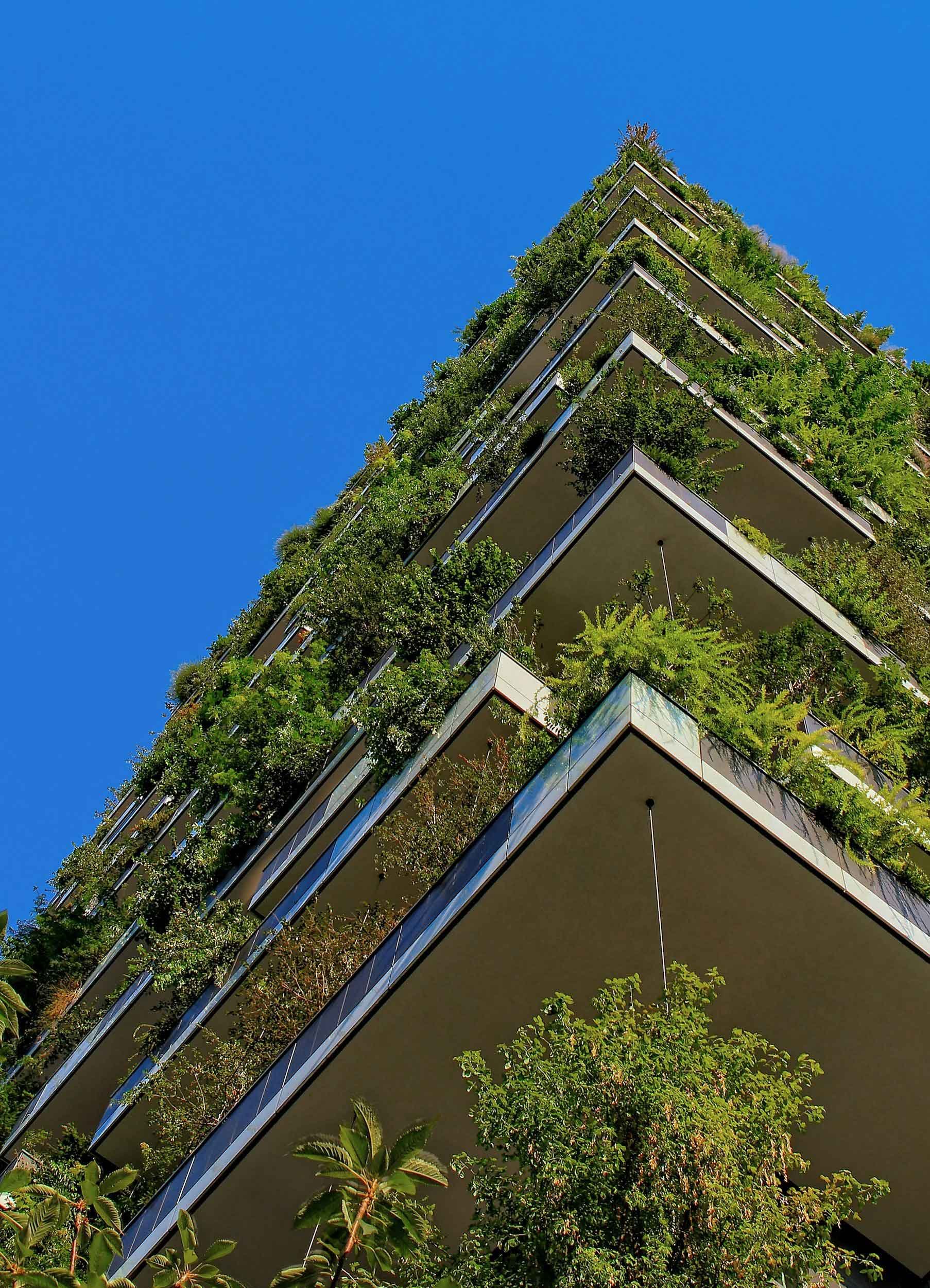
At Whites Construction Management we prioritise sustainability in our designs. We incorporate long-term solutions to reduce waste, enhance energy efficiency and promote water conservation. We focus on durability, minimising environmental impact and the use of sustainable materials. We aim to have our projects benefit both our customers, and the environment.
Sustainability
What is Sustainable Construction?
The goal of sustainable construction is to reduce the impact of the construction on our environment. This means using recyclable and renewable materials within our projects whilst minimising our energy consumption and waste production.
Sustainable construction does not just refer to the active construction process but also refers to the idea that the design of the building should have minimal impact on the environment across its entire lifespan. The building should incorporate elements that will continuously influence the environmental impact that the building has. These elements can include energy-efficient roof hatches, solar panels and insulation to prevent heat loss. All these things can help minimise energy consumption from the grid, lowering the amount of fossil fuels that would be needed to do things such as heat the building.
Is Sustainable Construction Important?
The construction industry has a significant impact on the environment, from emissions to energy consumption, so it is important that these impacts are considered for every project.
There are many aspects of sustainability to consider within the construction industry, from the potential of building over wildlife habitats to the high energy consumption. A lot of the heavy machinery used during construction still rely on fuel, which is not a sustainable energy source. The shipping and fabrication of materials, mining of raw materials and concrete manufacturing have all contributed tons of CO2 emissions, and this increases yearly. Hazardous waste is also a concern; if it is not disposed of properly this can also impact the environment.
The construction industry contributes 36% of energy usage and 40% of CO2 emissions worldwide, so it is important to consider this during every project to minimise our impact. We at Whites do everything we can to move towards a more sustainable construction industry and to look after our environmental future.

What Matters To Us
-
We are always focused on the impact of our projects on the environment, both during the construction phase of the project and for the lifespan of it. We try to create long-term solutions to reduce harm by reducing waste, reusing where we can and using sustainable materials and techniques.
-
At Whites we prioritise crafting our buildings in a way that maintains the performance of the build over its lifetime through sustainable construction. Our buildings are made to be durable to reduce the chance of unexpected costs due to repair or reconstruction being needed.
-
We focus on making sure our buildings are energy-efficient so in the long term they use less energy, for example not needing to heat a loft extension as often due to it retaining heat well because of the quality of our construction. This will also help save our clients' money in the long run. Where we can, we also use energy-efficient materials, made in facilities that use less energy to produce their goods.
-
We do not over order supplies for projects, instead we carefully calculate exactly how much of each material we will need to reduce needless waste.
-
We aim to adopt a whole-building approach to heating and ventilation to ensure indoor air quality is maintained while achieving standards for energy use.
-
During our builds we make sure we are doing our part for water conservation, from improving disposal methods of contaminated water to preventing contamination of water supplies, we are always looking to protect our water supply.
-
When getting materials for our projects we try to source locally where we can, as well as trying to choose reusable materials, materials made sustainably or ones that have better thermal properties. This means at every stage we are considering sustainability and making the right choices.


